In today’s crowded and hyper-competitive marketplace, the term ‘ESG’ has become critical to businesses looking to distinguish themselves and get ahead. But how much do you truly know and understand about key ESG factors and how to demonstrate commitment to them, to help your business soar above the pack?
As is fast becoming widespread knowledge in the corporate sector, the acronym ESG stands for Environmental, Social & Governance. Essentially, ESG is an umbrella term for a range of different criteria that many investors (& customers & employees) are now focussing on to:
- determine the extent to which companies are working towards broader social goals; and
- assist them to better analyse the company’s risk profile (because so many areas that touch on corporate social responsibility are increasingly becoming highly regulated).
It goes beyond the purely financial and looks at a number of different factors. In particular, ESG considerations are used to:
- assess corporate behaviour and ethical values;
- evaluate the future financial performance of companies (particularly in the long term); and
- manage risk.
Because of the increasingly symbiotic relationship between the two in today’s modern society, there is both a strong ethical AND business case for action on ESG. The impact of your business in relation to ESG issues can have significant consequences on the environment and stakeholders, including vulnerable communities. Lack of strong action on ESG can expose the business to risk of regulatory penalties, reputational damage and loss of investment opportunities. For example, if companies can’t demonstrate that they are meeting key ESG requirements, cost of debt will go up because banks need to ensure they are meeting responsible banking principles. In addition, meeting base level ESG requirements is now a critical component of many lucrative tender and supplier accreditation processes. Put simply, if poorly managed, ESG can be the ultimate deal breaker for your business success.
On the flip side, research shows that companies with a strong focus on ESG strategy perform better. Increasingly, there is recognition that companies that properly managing ESG factors results in long-term value creation for the business, particularly given the impact of ESG factors on an organisation’s sustainability. More immediately, in the short term, a focus on ESG assists businesses to meet (and exceed) tender requirements and supplier accreditation obligations with ease, helping to win big contracts and secure high-profile customers. For large corporates, ESG drivers are obvious in the current regulatory and investment landscape- the time to act is right now.
Why businesses need to put the ‘SG’ in ESG
In our work advising clients in both the SME and large corporate space, we find that most people are comfortable understanding many of the ‘E’, or ‘Environmental’ factors. In terms of the Environmental element- it’s generally accepted that the focus includes issues such as an entity’s carbon emissions, sustainability, pollution, waste and biodiversity.
But ESG is much more than just the ‘E’. Businesses need to also drive action in regard to their Social and Governance actions if they are going to meet critical ESG commitments. Without a robust Governance foundation, businesses have no mechanism for monitoring and embedding their actions in both Environmental and Social areas. Equally, without a focus on Social issues, a critical component of the ESG strategy, businesses can be exposed to significant regulatory compliance and reputational risk. From a contracting perspective, more and more contracts are requiring businesses to demonstrate actions and compliance in key Social & Governance (SG) areas: including Anti-bribery & Corruption, Modern Slavery and Privacy compliance.
While many businesses have ESG strategies that are focussed on solving for the ‘E’ (Environmental) component of their ESG strategy, it’s also critical to identify the SG measures you need to meet your ESG commitments. To develop holistic and impactful ESG strategies, companies must identify the relevant gaps in their Social & Governance actions, so that they can power up compliance in critical risk areas.
360 degree industry insights that demonstrate the importance of putting the ‘SG’ in ESG
At PB, we have extensive experience in working with both SMEs and large corporates. This has given us invaluable 360-degree insights into key compliance risks across the supply chain. In recent years, we have witnessed first-hand the huge shift in the marketplace towards more onerous contract obligations in Social & Governance compliance areas, including anti-bribery and corruption, privacy and data protection, and modern slavery compliance.
Working with both rapidly growing SMEs and large corporates, we see many supply contracts that require businesses to take steps to ensure that their own subcontractors and suppliers are compliant with key legislation. To help meet compliance obligations in SG areas such as privacy and modern slavery (particularly any ‘back-to-back’ obligations in supply contracts with customers) businesses need a strategy for ensuring consistent onboarding of new suppliers so that compliance is embedded throughout your supply chain. You’ll also need processes to ensure that you are capturing all of the necessary due diligence information from your very first engagement with a supplier.
Another of our cross-industry insights is how critical a comprehensive training program in SG areas (including privacy, modern slavery, whistleblowing and anti-bribery & corruption) is to operationalising compliance in key Social & Governance compliance areas. In our work advising on data breach preparation and response, we’ve gained an appreciation of how significant human error is as a factor contributing to non-compliance with privacy laws. In fact, Australia’s privacy regulator, the Office of the Australian Information Commissioner (OAIC), releases statistics on the Notifiable Data Breach scheme that consistently show that human error is responsible for over 1 in 3 of the data breaches reported to the OAIC. For this reason, training, awareness and capacity building are key tools to address the risk of human error, and are therefore critical to embedding compliance in key Social & Governance compliance areas and boosting data breach resilience.
How we can help you to put the ‘SG’ into your ESG
It is through this 360-degree lens, viewing compliance and ESG drivers from both the supplier and the customer perspective, that we have designed our ComPotency solution- to help businesses to put the SG into their ESG.
Our insights from assisting clients across a diverse range of industries with Social & Governance strategies, such as privacy and modern slavery compliance, mean that we have not only drafted and developed template policies, procedures and notification documents, but that we have practical experience of the real-world application of that documentation, including delivering effective training on implementation. We know what works, and what doesn’t, to help teams to embed Social & Governance requirements into systems and processes.
For dynamic businesses wanting to fast track their operationalising of SG, we have developed ComPotency. An innovative online solution to ‘put the SG into ESG’, with 24/7 access to training and template documents in critical (E)SG areas. Designed as a one stop, scalable solution to provide you not only with a comprehensive suite of required documentation, but also important guidance and training to help take care of the implementation.
Contact us to learn more about our all-in-one ESG platform – ESG Edge.
Products & Services
1300 774 788
service@peripheralblue.com.au
Suite 17, 116-120 Melbourne St, Nth Adelaide, SA 5006
© 2023 Peripheral Blue | All Rights Reserved | ABN 61855198272 Privacy Policy | Terms & Conditions
Products & Services
1300 774 788
service@peripheralblue.com.au
Suite 17, 116-120 Melbourne St, Nth Adelaide, SA 5006
© 2023 Peripheral Blue | All Rights Reserved
ABN 61855198272
